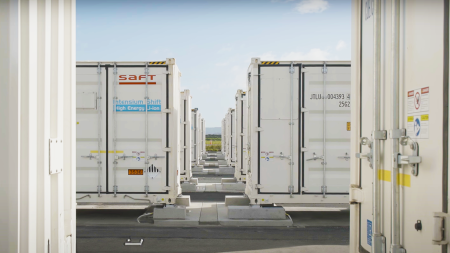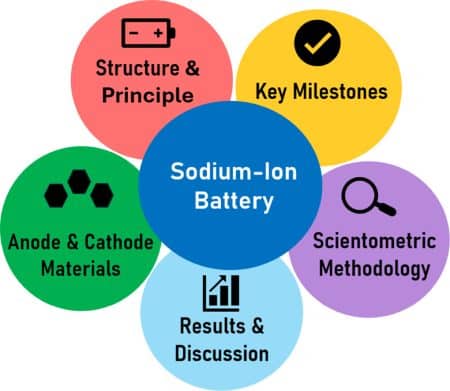Applications like affordable and effective hydrogen fuel cells could benefit from an enzyme that catalytically transforms the hydrogen found in air into energy.
Unlike all other hydrogen-oxidizing catalysts, including platinum, the enzyme, which Australian researchers at Monash University in Australia were able to extract from a bacterium, is also not sensitive to oxygen.
Study team leader Chris Greening adds, “The hydrogenase enzyme, termed Huc, has such a high affinity for hydrogen that it is able to oxidise atmospheric amounts of hydrogen.” This is in contrast to all currently understood hydrogen-oxidizing catalysts, which are unable to consume hydrogen at ambient levels.
Since Greening’s PhD dissertation, or about nine years ago, the Monash team has been researching Huc. He was investigating with his colleagues how Mycobacterium smegmatis may endure for years without any organic food sources. According to Greening, this research resulted in the startling revelation that the bacterium actually survives on air.
In particular, in nutrient-poor environments like Antarctic soils, volcano craters, and the deep ocean, atmospheric hydrogen provides a reliable lifeline for the survival of many microorganisms. Atmospheric hydrogen is a ubiquitous, diffusible, and powerful energy source. Nevertheless, until today, the scientists were unsure of how the bacteria took use of the minute amounts of hydrogen in the air.
In the latest research, Greening and associates removed Huc from M. smegmatis. They demonstrated that Huc converts minute concentrations of H2 gas into electrical current with extraordinary efficiency while being insensitive to oxygen (which typically acts as a “poison” for hydrogen-oxidizing catalysts) by using advanced microscopy techniques like cryo-electron microscopy to determine its atomic structure and electric pathways, as well as by using electrochemistry. This is accomplished by combining the oxidation of ambient H2 with the hydrogenation of the respiratory electron transporter menaquinone. Narrow hydrophobic gas channels are then used to specifically bind the H2 while displacing the O2.
Huc is resistant to heat and can withstand temperatures of up to 80°C without losing its ability to produce energy. Because of this, it can endure the most difficult circumstances. Furthermore, Huc-producing bacteria are widespread, providing researchers with easy access to a reliable source of the enzyme.
The researchers say there is a lot of promise for this enzyme to be utilised as the foundation for hydrogen fuel cells, and they describe their discovery in Nature. Also, they speculate that the enzyme may have some uses in air-powered devices because it actually gathers energy from the air.








